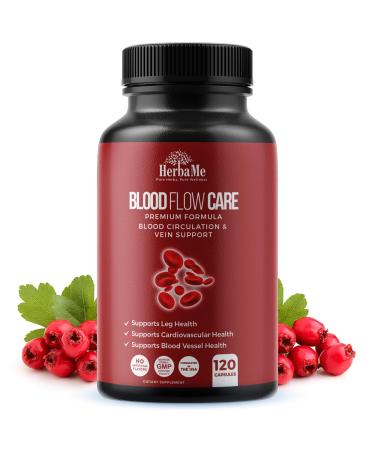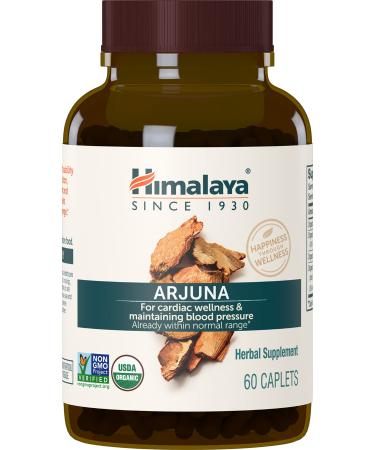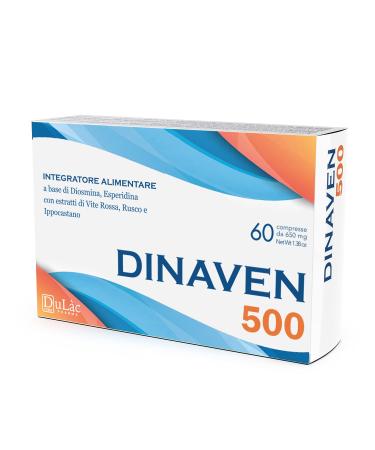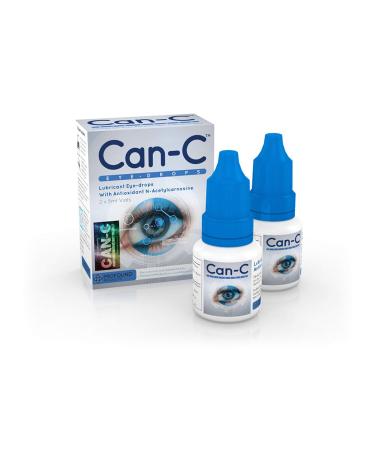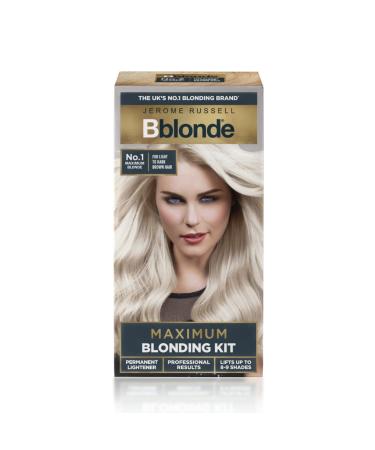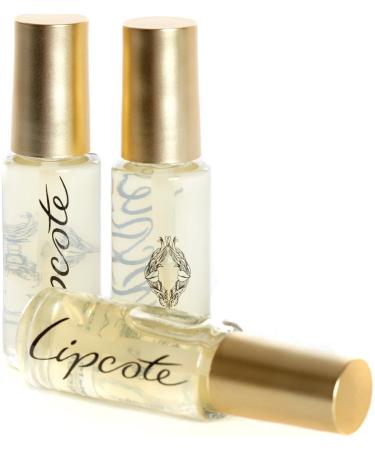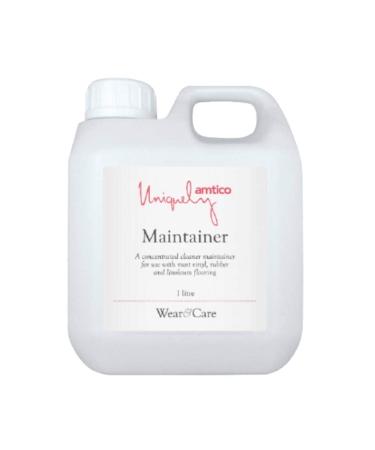Doctor's Best Vein Support contains DiosVein**, a form of the flavonoid diosmin, which has been used for over thirty years as a vascular-supportive agent in Europe. DiosVein**is derived from sweet orange and is a rich source of bioflavonoids. Clinical studies conducted in Europe have shown DiosVein**to be particularly effective at supporting the health of blood vessels and promoting normal circulatory function. Further clinical trials have found that diosmin used in combination with the flavonoid hesperidin supports healthy venous function.
Doctor's Best Vein Support also features natural vitamin K2 in the form of MenaQ7***, a form of K2 found in the traditional Japanese fermented food, natto. Recent studies highlight the importance of adequate vitamin K2 levels for healthy blood vessel function. MenaQ7*** is a long-acting form of vitamin K2 that has been shown to support cardiovascular health.
Diosmin is a natural flavonoid that can also be isolated from the flavonoid hesperidin, which is derived from citrus fruits. DiosVein** is derived specifically from Sweet Orange. When taken orally by humans, diosmin is converted to diosmetin by the bacterial flora of the intestines prior to being absorbed into the bloodstream. Certain studies suggest that diosmin has numerous beneficial effects on blood vessels and circulation. These effects include enhancing venous tone, supporting lymphatic drainage, promoting the health of cells comprising the blood vessel lining and supporting normal, but not excessive, capillary permeability.1
The flavonoids diosmin and hesperidin have been recommended by practitioners for decades in Europe to support venous function and tone. A number of factors that are brought about by lifestyle choices, diet, and environmental influences can affect venous tone and function as we age. Supplementing with the flavonoids diosmin and hesperidin can support the health of the circulatory system and may help maintain its critical function throughout our lives. Numerous studies conducted in Europe support this notion.
One of the largest studies assessing the effects of a specific combination of flavonoids on venous health was conducted in 23 countries worldwide between March 1997 and December 1998.2 The study was performed as a prospective multi-center controlled trial in which 10,000 individuals were recruited; of those deemed eligible, 2,767 individuals completed the study. Participants were supplemented with 1,000 mg of the flavonoid preparation consisting of diosmin and hesperidin daily for 6 months. Follow-up visits to assess parameters of venous function were scheduled every two months. Significant and progressive improvements were noted in quality-of-life surveys with flavonoid supplementation. Parameters of venous function and tone were progressively enhanced with the diosmin and hesperidin combination over the course of the study, indicating the beneficial effects of flavonoids.
Two smaller studies conducted as double-blind placebo-controlled investigations assessed the impact of 500 mg of the flavonoid combination (consisting of diosmin and hesperidin) taken daily on enhancement of venous function.3 In the first study, 40 participants were divided into a treatment and placebo arm. Global scores were calculated for various clinical parameters of venous health. The participants in the treatment group supplementing with 500 mg of the combination showed significantly greater enhancements in venous function after two months of therapy compared to participants in the placebo group. A second double blind, placebo-controlled investigation conducted in 160 individuals also showed beneficial effects. In this study, participants were divided into a placebo group and a treatment group supplementing with 500 mg of the flavonoid combination twice daily (1000 mg total per day) for eight weeks. Evaluation of change in venous parameters was the endpoint of this study. The results of this investigation concluded that individuals taking the flavonoid supplement had significant enhancement of venous health when compared with the participants in the placebo arm of the study. Both studies confirmed the beneficial influences of these flavonoids on endothelial health and venous function.
Natural Vitamin K2: An Important Nutrient for Cardiovascular Wellness - Vitamin K seems to play an integral role in promoting cardiovascular health and wellness. It activates a protein present in blood vessels known as Matrix Gla Protein (MGP), which is thought to be responsible for venous remodeling and is known to be necessary for maintenance of vascular health in mice studies. Further studies in rats show that administration of
substances that antagonize (or oppose) the normal effects of vitamin K, and thus inhibit the proper activation of MGP, significantly interferes with vessel health.4
Research in healthy human vein tissue particularly highlights the role of MGP in venous health. MGP was found to be involved in venous wall remodeling.



